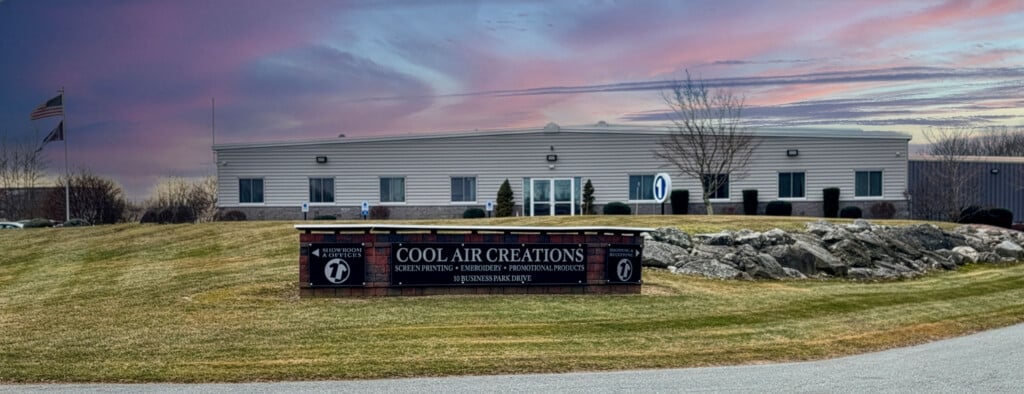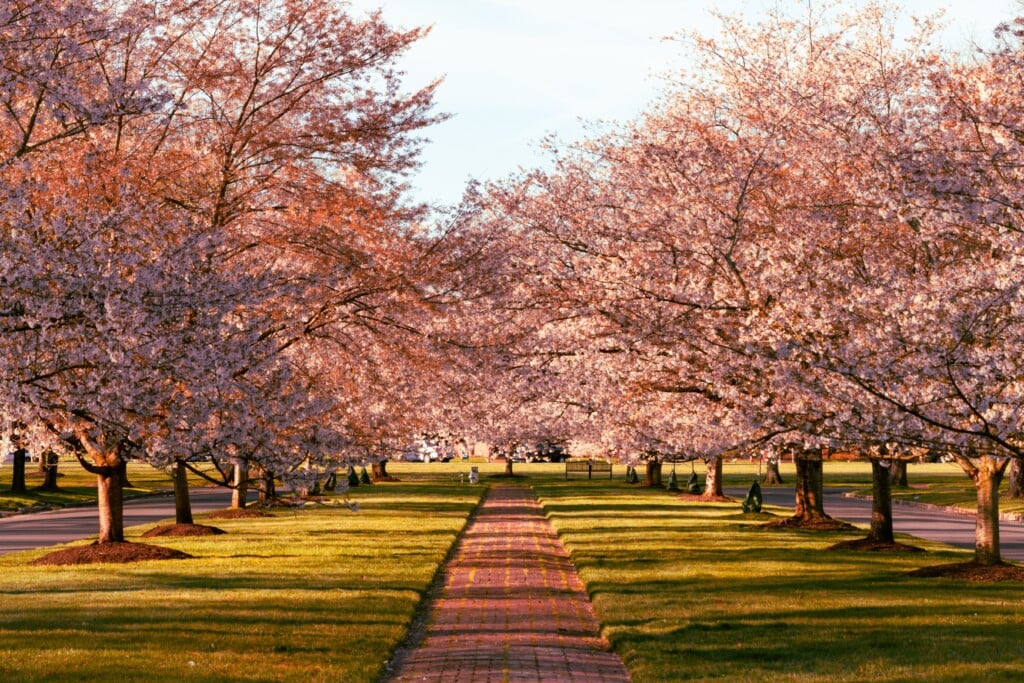New Museum Shines Light on American Impressionists
The recently opened Westerly Museum of American Impressionism features highlights from the collection of local philanthropists Dr. Thomas P. and Cynthia Sculco.

More than 150 paintings from Dr. Thomas P. and Cynthia Sculco’s personal collection are on display at the Westerly Museum of American Impressionism. Photograph by Warren Jagger.
The Westerly Museum of American Impressionism, featuring 150 paintings collected over forty years by local philanthropists Dr. Thomas P. and Cynthia Sculco, opened in October on the banks of the Pawcatuck River.
Despite a Nor’easter blowing through the area, more than 550 art lovers visited the museum on opening weekend, Oct. 9–12, says Director Catherine Shotick.
“It was incredible to see so many people in the galleries,” she says.
The 20,000-square-foot museum is believed to be the first in the nation specializing in American impressionists. The big names — think Childe Hassam and John Singer Sargent — are there, but the museum’s strength lies in its collection of lesser-known painters who lived and worked in artists’ colonies up and down the East Coast between 1880–1920.
“We have the biggies, but underneath that is a great collection of really spectacular artists, many of whom were just not appreciated,” says Thomas Sculco. “In France, of course, [the impressionists] are very popular. But in America, it’s been bypassed a little bit. We want to reenergize interest in it.”

Childe Hassam’s “Mouth of the Connecticut River” is on display at the museum. Photograph by Paul Mutino.
The Sculcos, who were high school sweethearts at Westerly High School, now split their time between Westerly and New York City, where Thomas is a surgeon-in-chief emeritus at the Hospital for Special Surgery and Cynthia is an adjunct associate professor of nursing at New York University’s Rory Meyers College of Nursing.
They began amassing their collection, now 300-pieces strong, forty years ago, drawn to the American impressionists’ use of color and light, and the seascapes and landscapes of people living in New England.
“It reflects what we grew up with,” Thomas says.

Dr. Thomas P. and Cynthia Sculco. Photograph courtesy of the Westerly Museum of American Impressionism.
The idea for a museum was rooted in the most practical of beginnings: The Sculcos were running out of wall room. So they bought a parcel of land abutting their property with a rehabilitation facility that closed during the pandemic and hired Connecticut-based Centerbrook Architects & Planners to reconfigure seventy-five patient rooms into an airy configuration of eleven galleries.
In 2023, they hired Catherine Shotick to curate the collection and serve as the museum’s inaugural director. The American art specialist most recently worked as a curator at the Richard H. Driehaus Museum in Chicago and at the Oklahoma City Museum of Art.
One of the things that most attracted her to the post was the chance to build a museum from scratch.
“Not many people have the opportunity to be in a museum from the ground-up,” she says. “That really excited me.”
She organized the galleries by artists’ colonies: Rooms are divided into painters from different American schools, like Old Lyme, Connecticut; Rockport, Massachusetts; and Algonquin, Maine. There’s also a gallery of artists who worked alongside Claude Monet — one of the founding fathers of the impressionist movement — in France.
In the coming months, Shotick hopes to start a lecture series featuring experts on American impressionism and begin training docents to give gallery tours. She’d also like to start an internship program for college students and bring in new pieces on loan from private collectors or museums to keep the galleries fresh.
It’s clear, however, from the museum’s picturesque perch overlooking Babcock Cove that the setting more than speaks for itself.
“The number one comment that we get from visitors is that the windows overlooking the river look like a framed work of art,” Shotick says. “It’s like a framed piece of living artwork.”

The scenery from the banks of the Pawcatuck River provides a fitting complement to the masterpieces inside the museum. Photograph by Warren Jagger.
The museum is open Thursday–Sunday from 10 a.m.–4 p.m. Tickets are $12 for adults; $10 for seniors, students and veterans; and free for ages seventeen and under. 79 Watch Hill Rd., Westerly, wmairi.org
RELATED ARTICLES
Ballet RI’s ‘Off the Wall’ Is Back With a New Twist
New Docuseries Will Showcase Rhode Island’s Ocean Life
Get Dressed Up for the Sojourner House’s Final Masquerade Ball


























